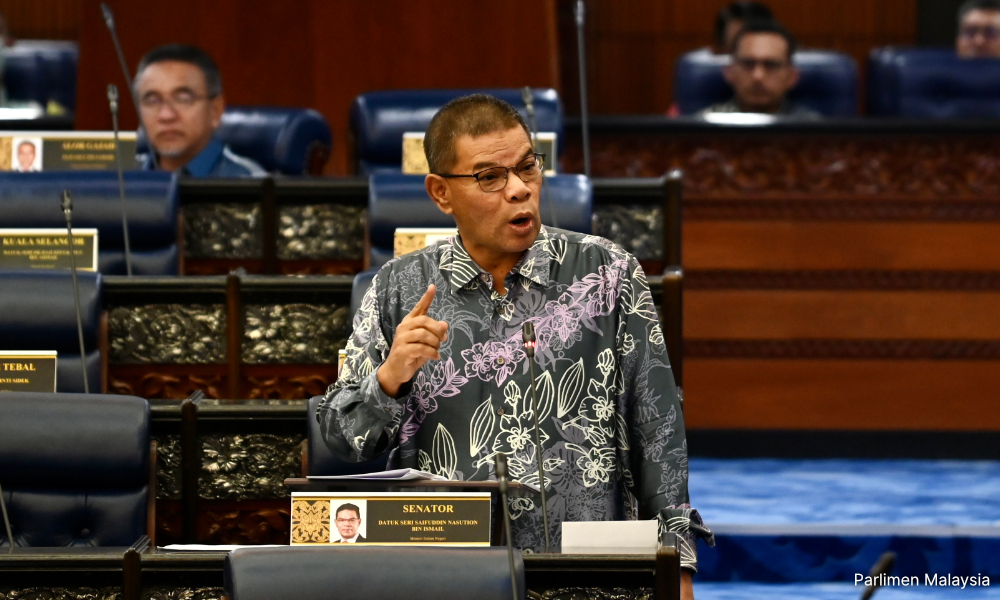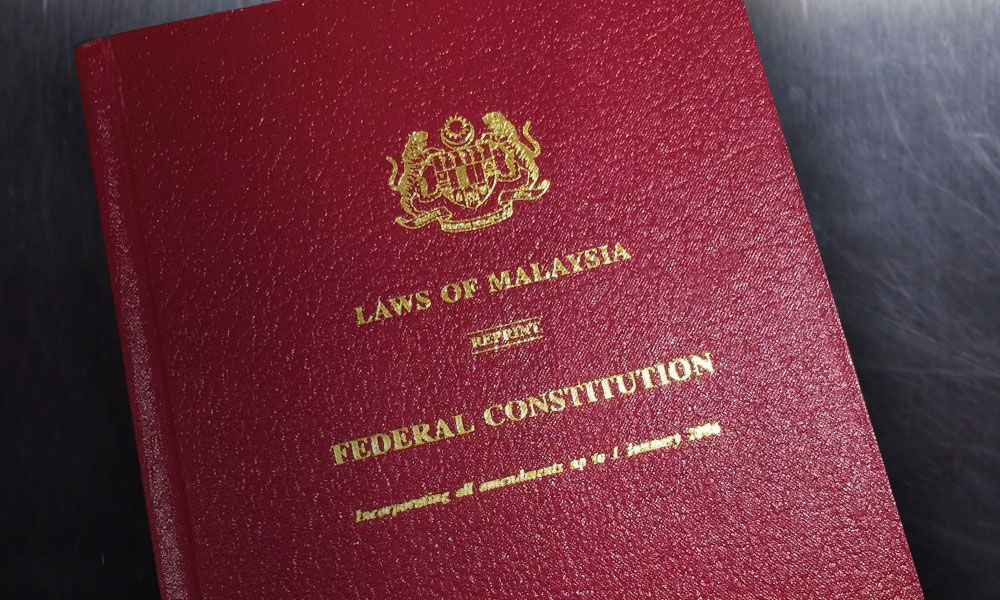Foundlings who are under 18 are not able to apply for citizenship if they do not have a legal or de facto guardian.
As such, changing the law to take away automatic citizenship for foundlings will put more foundlings in jeopardy of being stateless, said Development of Human Resources for Rural Areas (DHRRA) director for social protection, Maalino Ramalo.
She was responding to Home Minister Saifuddin Nasution Ismail, who said the law doesn’t hurt foundlings because there is still a pathway to citizenship through application.
Malini said in many cases handled by DHRRA, foundlings already have to wait four to five decades before receiving citizenship, usually with legal or NGO assistance, even if the Federal Constitution now grants automatic citizenship.
This may take even longer if citizenship can only be obtained through application, requiring minister intervention, she said.
“Foundlings are often issued green identity cards, which only acknowledge them as temporary residents, despite having relied on welfare assistance for their entire lives.
“Before being eligible to apply for citizenship, individuals must legally adopt a child or obtain guardianship.
“And if there is no one to assist them, they will be green ID holders their whole lives,” Maalini explained.
Improve processes, not change law
Maalini was speaking to Malaysiakini on one of the contentious amendments to the Federal Constitution that would remove automatic citizenship for foundlings.
Amidst massive criticisms against the proposed amendments, Saifuddin stood his ground with plans to further streamline the citizenship application process by amending 14 other related laws.
The minister hopes to shorten the processing time for a citizenship application to one year and dismissed concerns that the amendments to the Federal Constitution would lead to an increase in stateless foundlings in Malaysia.

He also claimed the changes to the law are to prevent “abuse” by foreigners, who allegedly leave their babies after giving birth in public hospitals, knowing they will automatically get Malaysian citizenship.
He said this also saddles the government with large hospital bills running into millions of ringgit.
However, critics have hit back saying that cases like that do not involve foundlings as hospital staff can attest to the infants’ parentage and the ministry had misinterpreted the law.
Suhakam also said the Home Ministry did not provide any empirical data to back its proposed citizenship law amendments.
Malini said the justification that the clause allowing automatic citizenship for foundlings is open to abuse is misplaced because the process still requires validation before citizenship is granted.
“If the intention is to grant citizenship through the correct procedures, why not improve the current processes without amending the Federal Constitution?” she asked.
Govt fails to recognise abandonment
Maalini also shared two cases of foundlings who obtained citizenship in their 40s and 50s with external assistance.
In one instance, a foundling was able to apply for citizenship under Article 19 of the Federal Constitution, which deals with citizenship by naturalisation, while another foundling pursued legal avenues with the assistance of lawyers.

“The types of cases are not exhaustive, which is why it’s crucial to have safeguarding measures in place for foundling children who lack guardians, ensuring that someone can step in and provide the necessary support and care,” said Maalini.
The diverse scenarios surrounding a foundling’s early years further complicate matters and muddy the child’s application process, such as cases involving abandonment at a babysitter’s home.
She said the issue lies in the government’s failure to acknowledge cases of child abandonment.
“Not all foundlings end up in an orphanage and not all abandoned children can find adoptive families.
“Even if they do, those families often lack knowledge of the legal procedures required for a proper adoption,” she said.
In many cases, due to a lack of understanding about the adoption process, community members who find an infant often foster the child, mistakenly believing they have legally adopted the baby.
“Many foundlings in East and West Malaysia, upon discovery, are fostered by childless couples, and inadvertently without awareness of the processes, claim the child as theirs or are convinced they have done enough to claim to be adoptive parents of the foundling.
“Consequently they might not follow the right procedures at the appropriate times, drastically affecting the foundling’s citizenship application,” she explained.
RM6b lost from denying citizenship
Joining the chorus rejecting these explanations is the Institute for Democracy and Economic Affairs (IDEAS) which stressed concerns that the amendments would exacerbate the current situation, potentially creating a new generation of individuals without citizenship.
Emphasising the economic ramifications of statelessness, it cited a 2019 study conducted by the Subang MP’s office, which revealed an estimated annual loss of RM6 billion.
This loss stemmed from the denial of citizenship to around 300,000 individuals born in Malaysia or to Malaysian parents.




No comments:
Post a Comment
Note: Only a member of this blog may post a comment.